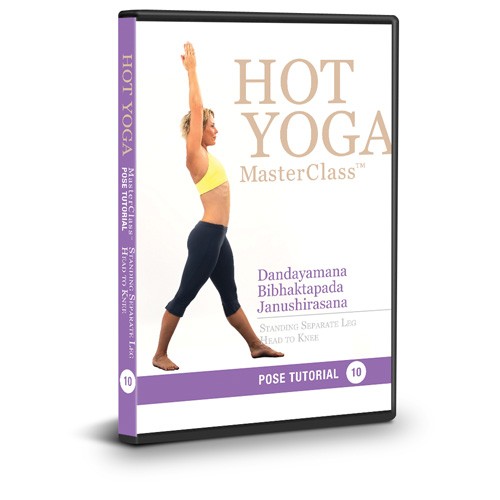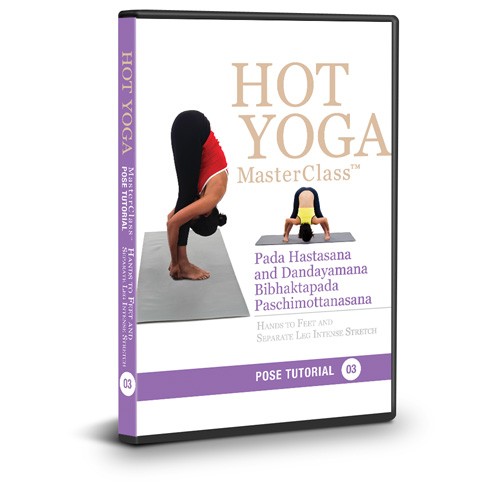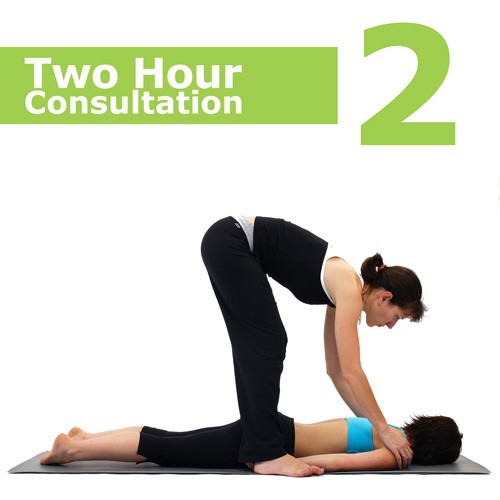The Hot Yoga Doctor – Free Bikram and Hot Yoga Resources › Hot Yoga Doctor Forum › Hot Yoga Facts
Forum Replies Created
-
AuthorPosts
-
in reply to: Better ability to use nutrients from food? #5815
I am so not going to give up – I’ve decided to try a different strategy and to cut way, way back my portion sizes and eat 5-6 times only the amount I can fit to my palm. Previously I’ve eaten 3 meals although my caloric intake hasn’t been very high, I actually have problems to go over 1000 calories. But maybe my body really doesn’t need that much food and can survive with very little. Please give me some info – does yogis survive with very little food?
You may wish to see a nutritionist, or do some deeper research to help support your yoga and weight loss journey. It is common nutritional knowledge that below about 1500 calories per day the body will enter ‘starvation mode’ and begin to store calories rather than use them. This creates weight gain and at the same time you can become very tired. Here’s an article you might be interested in: http://www.weightlossresources.co.uk/calories/burning_calories/starvation.htm An average ‘healthy’ weight loss goal is 2lbs or ~1kilo per week. This means a total deficit (by food or more exercise) of 500 calories per day. Beyond that, you may start to lose stamina or enter the ‘starvation mode’ as described above. Many people burn 500 calories in one Bikram class alone.
The good news is that weight gain while losing actual size would indicate increased muscle mass. Increasing your muscle mass will increase your metabolism so your body will continue to find balance and make good use of the food you eat more permanently than just dieting alone. If you want to be very scientific about it, you could have your body fat percentage measured, find out what is a healthy goal for you, and then use a heart-rate monitor in class a few times to find the amount of calories you burn in class. This information will help you plan more carefully how much to eat to continue to fuel your weight loss plans!
Bikram does have a saying about how yogis can eat less than average people as we do gain nutrition and digest more efficiently than others. It is something I have experienced-digesting a meal in 2 hours instead of 4 hours and feeling great, but it happens over time (for me it was only in teacher training with 2 classes per day).
in reply to: OK – Is Bikram Yoga REALLY safe/healthy!!! #5814As a life-long vegetarian myself, I think nutrition could be mentioned…
Have you measured your intake of ‘good fats’ lately? You will be able to find research on Omega-3s, vitamin D, etc. and an imbalance in this area can lead to excessive menopausal symptoms (extra heat, mood swings, etc.).
As for joints– sea food and chicken cartilage are a source of nutrition for our joints and something vegetarians wouldn’t be getting.I’m not suggesting that you need to start dosing with loads of supplements, just that your Bikram practice may be showing you some areas of deficiency that you might not have known about before. Especially as you go through a change in life stages, your nutritional needs may change dramatically.
Bikram’s series or hot yoga will help with joint issues such as inflammation, scar tissue from old injuries or surgery, or stiffness from lack of use and resulting circulation problems. However, if you think about it logically, there needs to be some source of nutrients for your body to deliver to the joints as they heal. My personal experience as well as experience as a teacher has shown me that hot yoga will accelerate healing in the body, but you need to fuel the fire!
-
AuthorPosts









